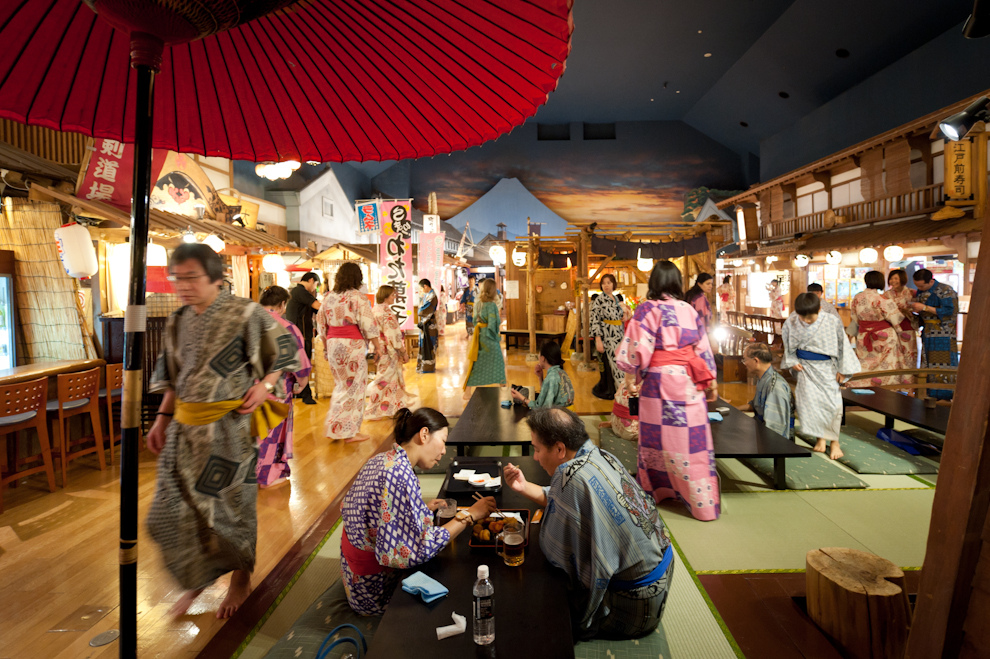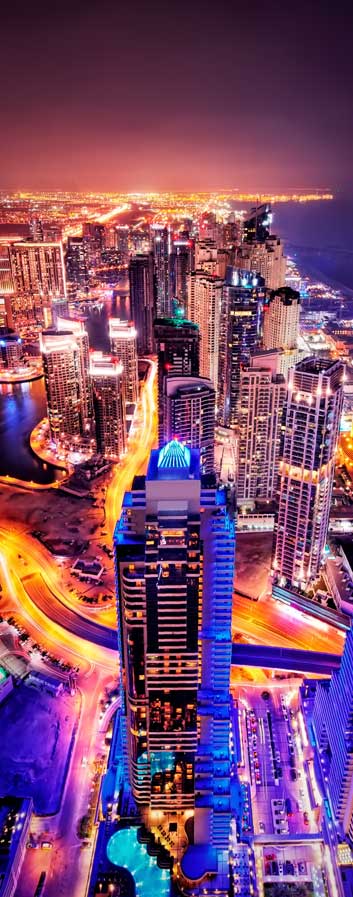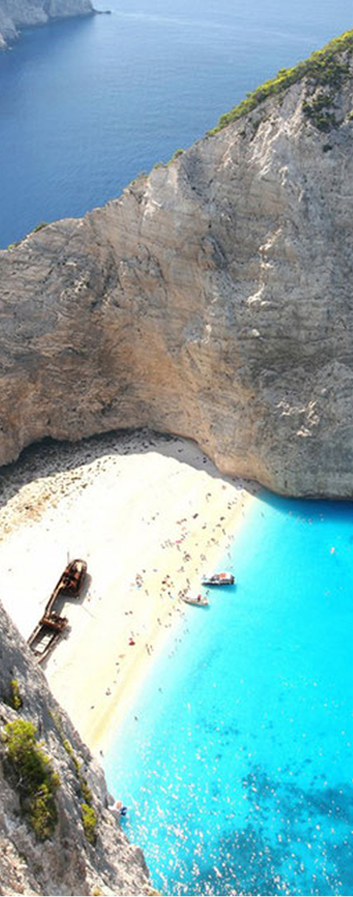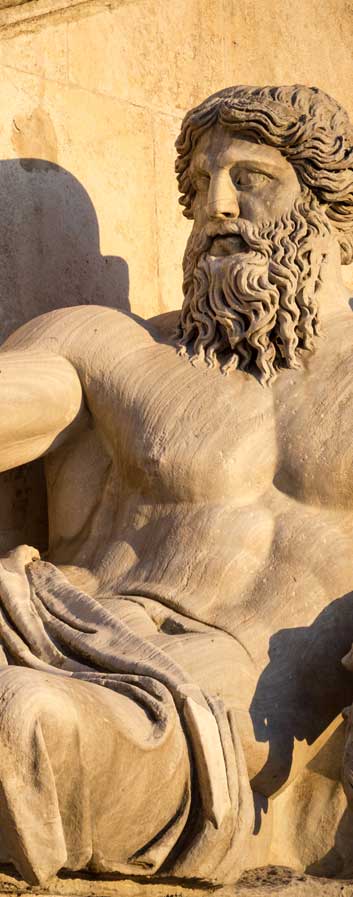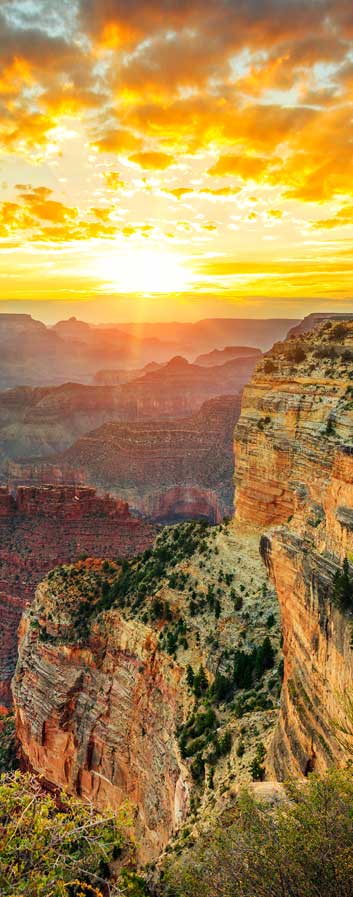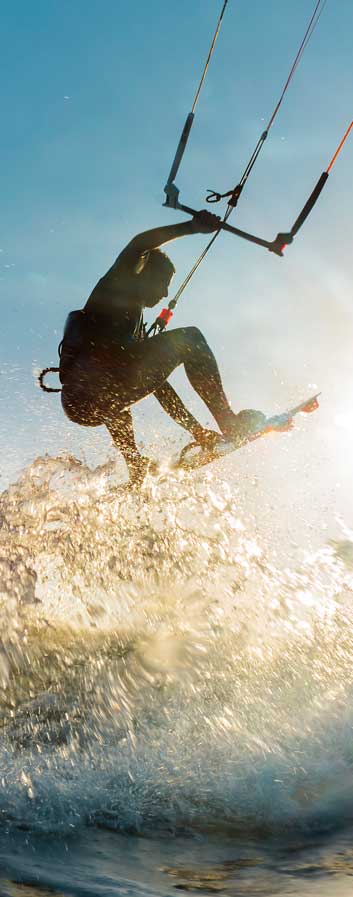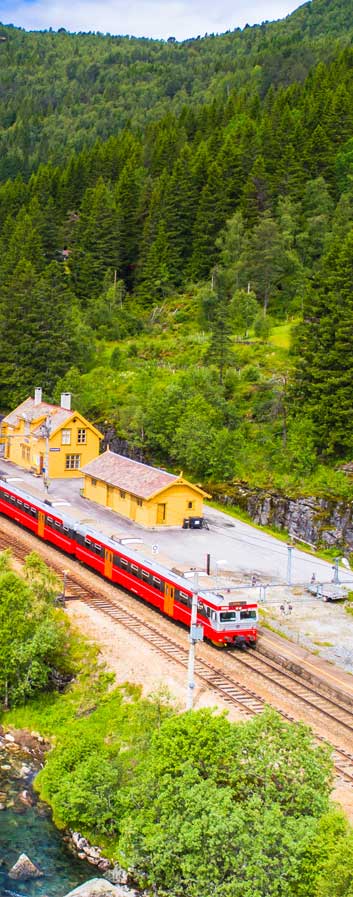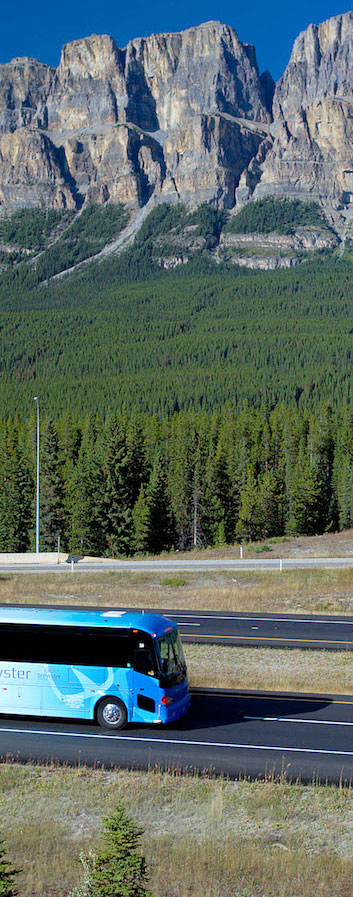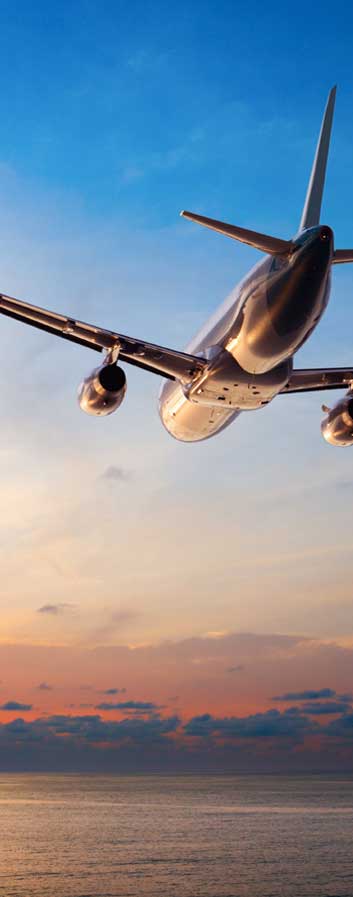Odaiba
Odaiba (お台場) is a popular shopping and entertainment district on a man made island in Tokyo Bay. It originated as a set of small man made fort islands (daiba literally means "fort"), which were built towards the end of the Edo Period (1603-1868) to protect Tokyo against possible attacks from the sea and specifically in response to the gunboat diplomacy of Commodore Perry.
More than a century later, the small islands were joined into larger islands by massive landfills, and Tokyo began a spectacular development project aimed to turn the islands into a futuristic residential and business district during the extravagant 1980s. But development was critically slowed after the burst of the "bubble economy" in the early 1990s, leaving Odaiba nearly vacant.
It was not until the second half of the 1990s, when several hotels, shopping malls and the Yurikamome elevated train line were opened, that Odaiba developed into one of Tokyo's most popular tourist attractions and date spots with a wide selection of shopping, dining and leisure options.
Despite the initial setbacks, several lavish development projects did materialize, including some of Tokyo's boldest architectural creations, such as the Fuji TV Building, Telecom Center and Tokyo Big Sight. Modern city planning furthermore provides Odaiba with plenty of green space and a pleasant division of motorized and pedestrian traffic using elevated walkways and the like.
Hours: 10:00 to 18:00 (some restaurants until 20:00, 22:00 on weekends)
Closed: Mondays (or Tuesday if Monday is a national holiday).
Admission: Free (observation deck: 550 yen)
The headquarters of Fuji Television, one of Japan's private, nationwide TV stations. You can see some exhibits on popular programs, buy Fuji TV goods at a shop and access the futuristic looking building's observatory deck housed in the sphere shaped part of the building.
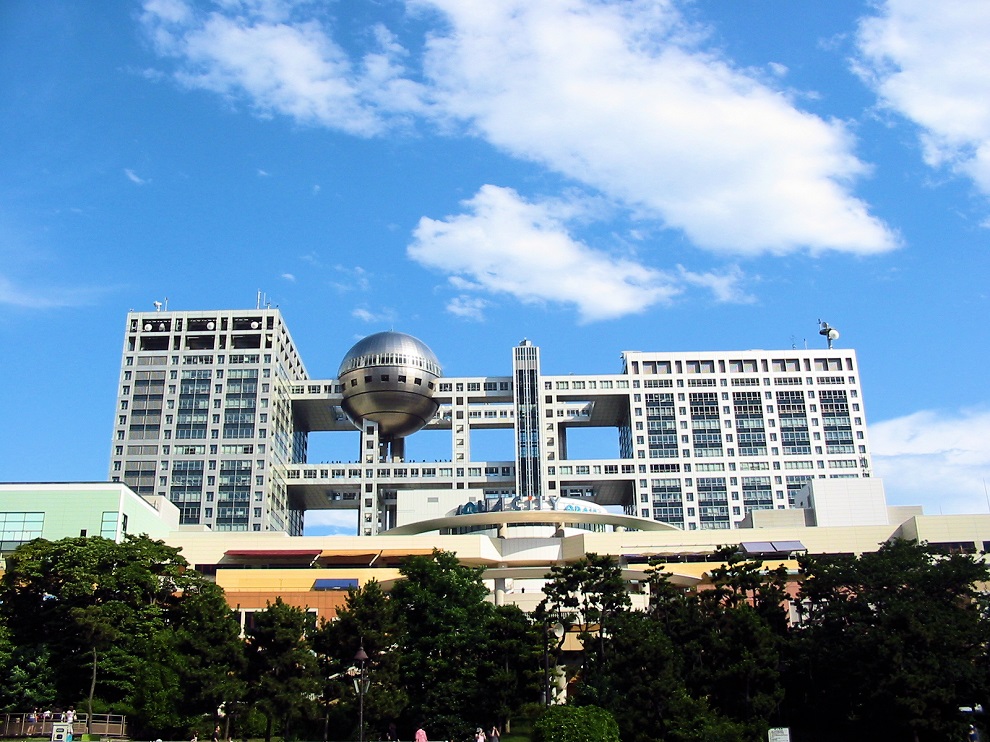
Closed: No closing days
Admission: Free (separate admission fees for theme parks)
Decks is a shopping mall featuring various stores, restaurants and multiple indoor theme parks, including the Tokyo Joypolis (reopened in July 2012 after renovations), a Legoland Discovery Center, a Madam Tussauds wax museum and a trick art museum. A Hong Kong themed food theme park and the Muscle Park were closed in 2010.
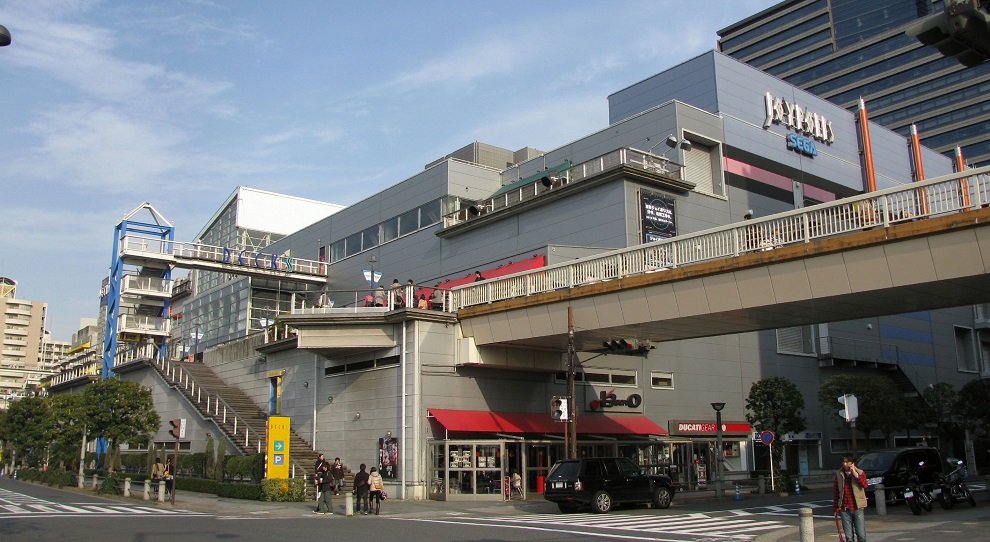
Aquacity is a shopping mall featuring various stores, boutiques, restaurants, cafes and a 13 screen cinema complex. The fifth floor houses a ramen food theme park where you can try different ramen from all over Japan. There are nice views of the Rainbow Bridge from the wooden deck in front of Aquacity and neighboring Decks.
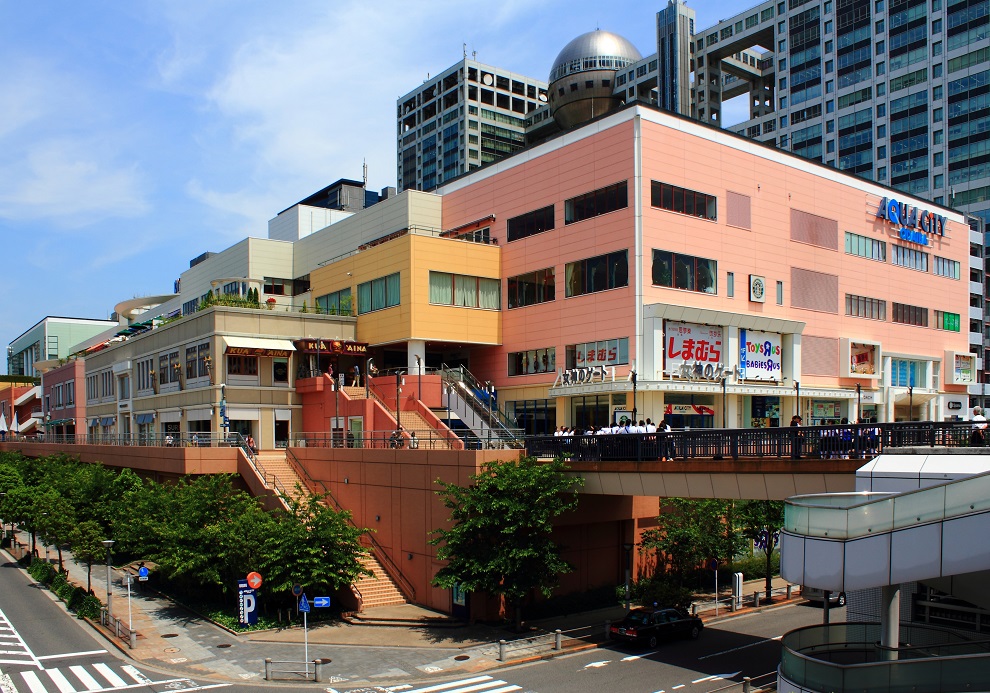
Closed: No closing days
This shopping, dining and entertainment complex opened in 2012. Its most unique attraction is the Gundam Front Tokyo with various attractions and a shop centered around the anime series' robots. A "life sized" Gundam statue stands in front of the building.
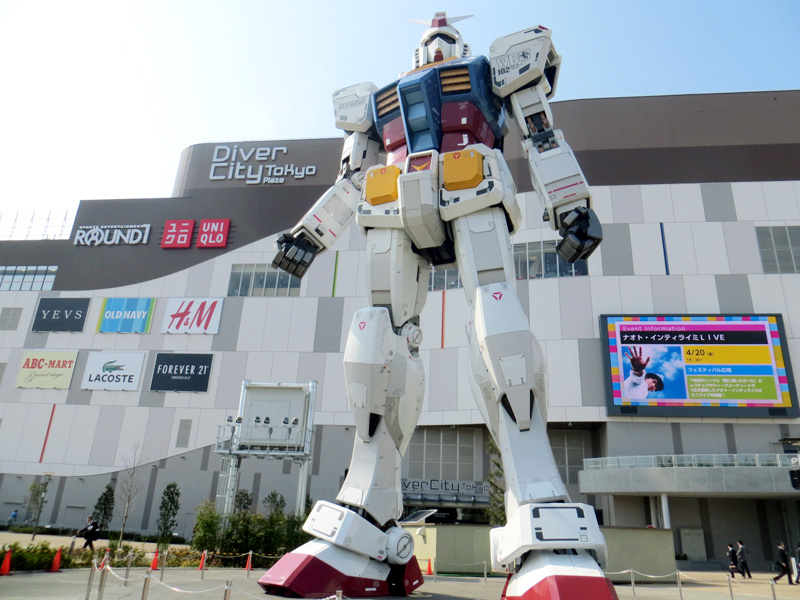
The Rainbow Bridge connects Odaiba to the rest of Tokyo. The two story bridge is an iconic symbol of the bay and is especially beautiful during its nightly illumination. The bridge supports an expressway, a regular road, the Yurikamome train line and pedestrian walkways along both sides.
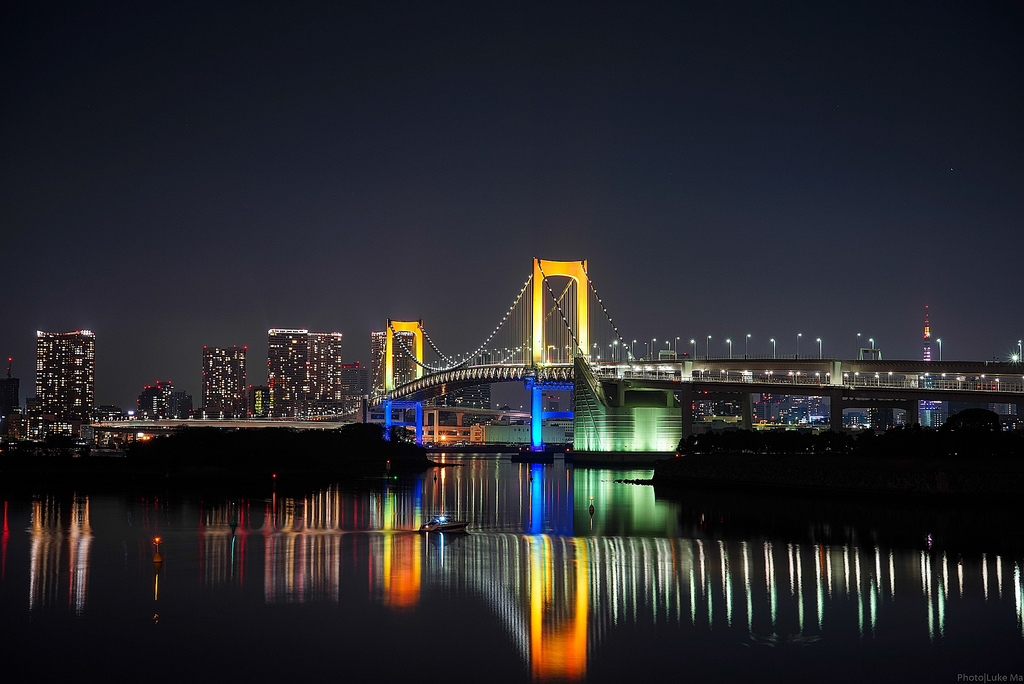
The Telecom Center is a major hub on the information highway with several large satellite antennas on its observation deck. The observation deck also offers nice view of the bay area and as far as Mount Fuji on clear days.
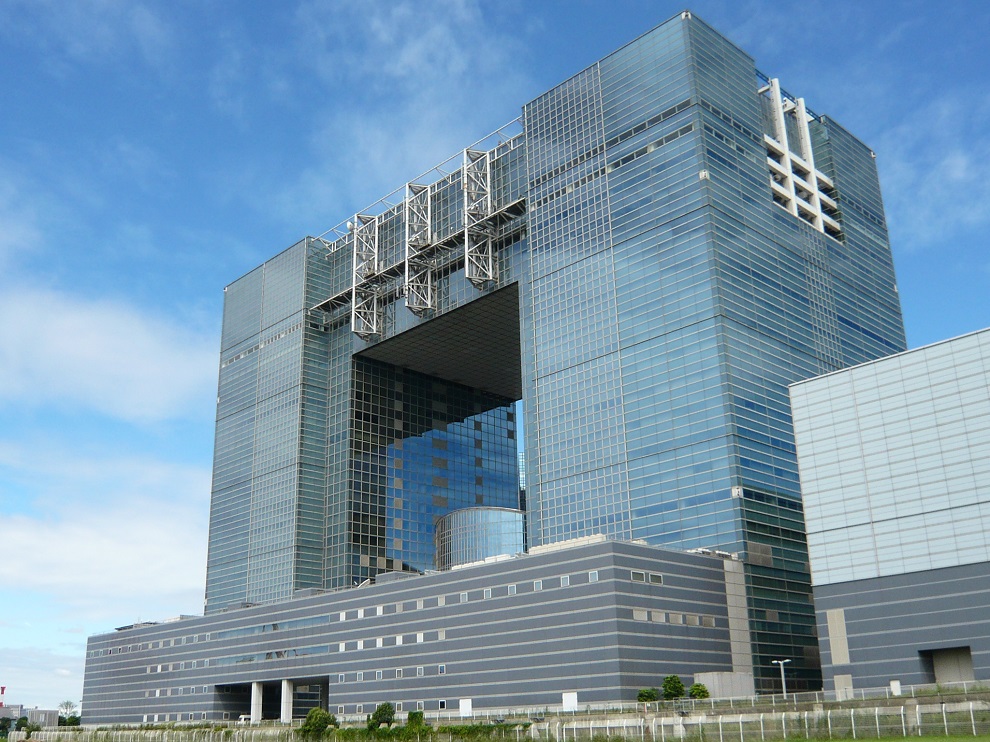
This museum looks like a large cruise ship docked along the Odaiba waterfront. The main building with exhibits on the history and technology of ships and shipping is currently closed for renovation. In the meantime, a mini museum has been set up with a portion of the museum collection on display. Outside you can board two real ships that are permanently docked next to the museum.
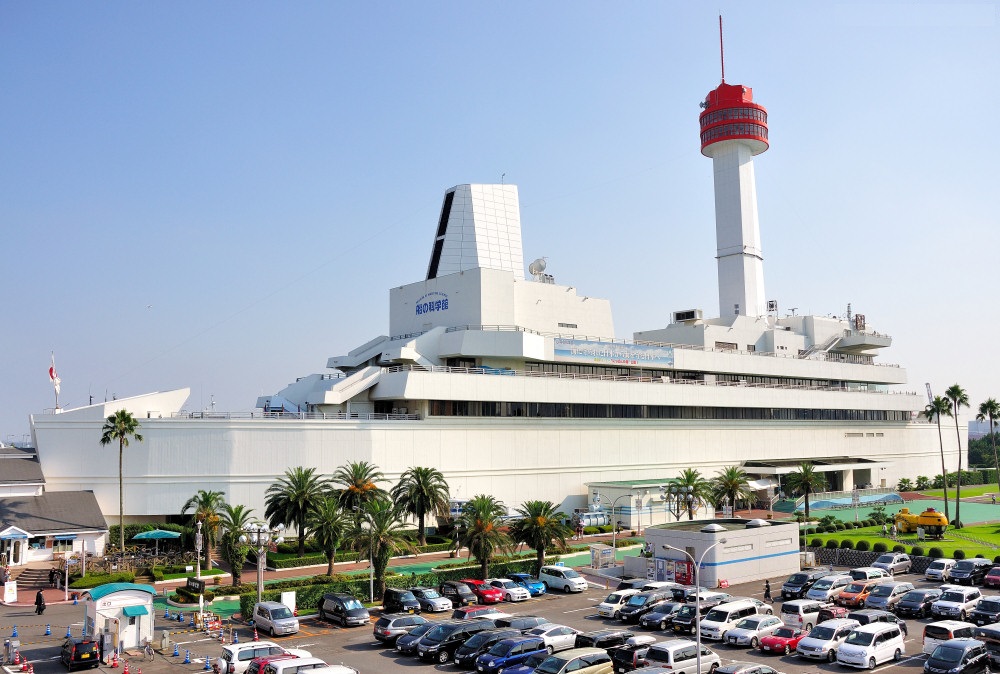
Also known as the Miraikan, this well done, highly interactive and bilingual science museum includes exhibits about environmental issues, robots (starring Asimo among others), information technology, biology and space exploration.
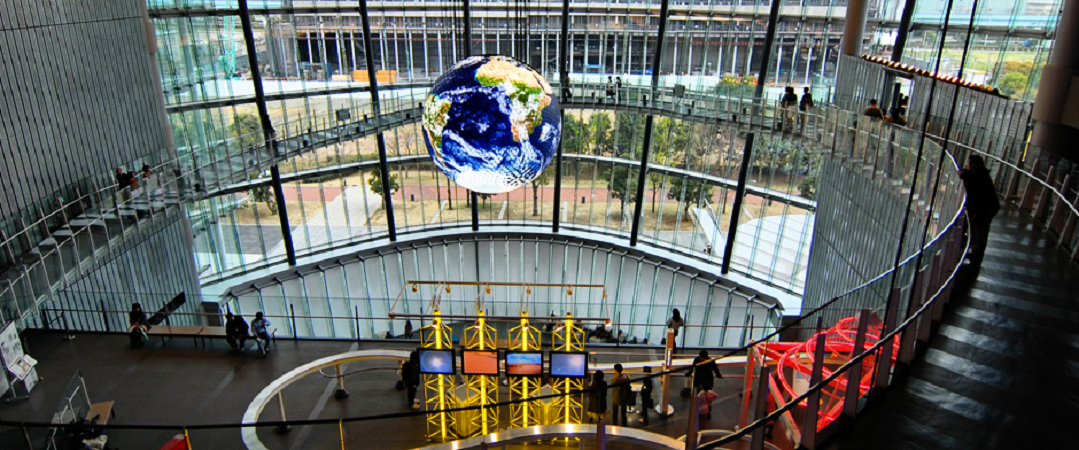
Opened in 2003, Oedo Onsen is a hot spring theme park which reproduces the atmosphere of the Edo Period. Here you can enjoy various types of indoor and outdoor baths which are fed by hot spring water pumped from a depth of 1400 meters. Restaurants, massage, games and other entertainment, as well as overnight stays are available.
